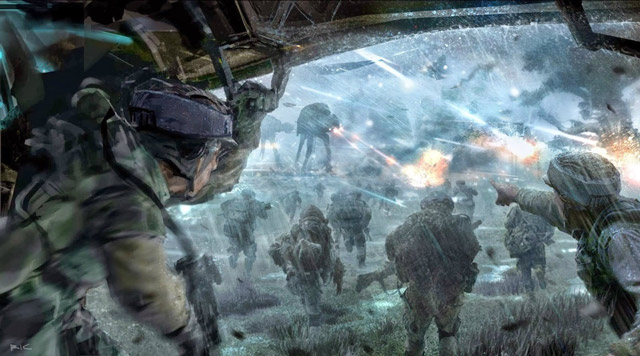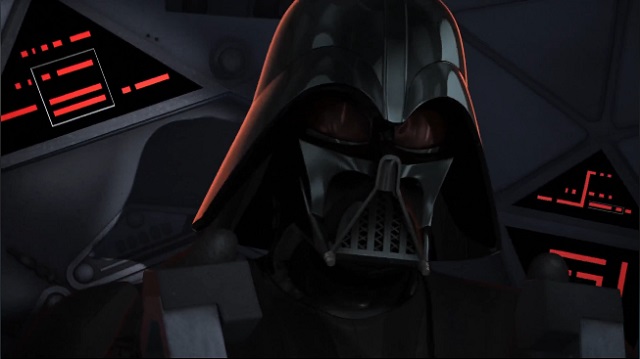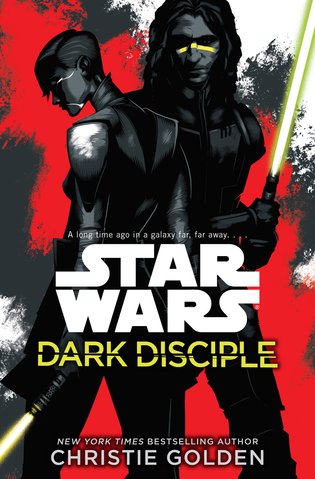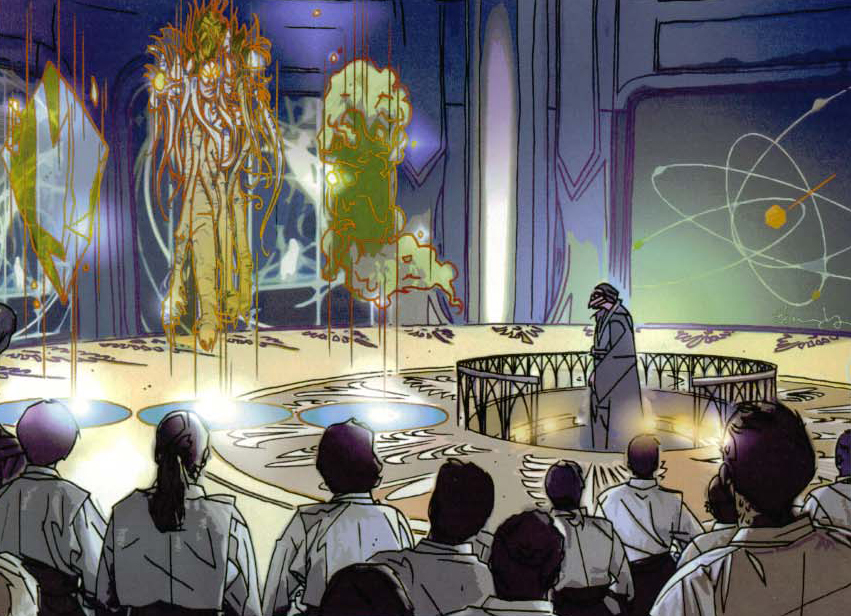![Servants_of_the_Empire_Imperial_Justice[1]](http://eleven-thirtyeight.com/wp-content/uploads/2015/07/Servants_of_the_Empire_Imperial_Justice1-705x1024.png) In what’s becoming a regular feature on this site, we’re publishing yet another rave review of a Jason Fry novel. It’s not our fault – Jason has a tendency to release high-quality novels at an impressive pace, so blame him for the lack of variety. Although that’s pretty unfair, because the best thing about Jason’s novels is that each of them are good for different reasons and allow us to focus on different aspects of the Star Wars universe. His original books have plenty to discuss, while his two Servants of the Empire books highlight the very compelling awakening of political consciousness and the dynamics of teamwork and personal perspective. Rebel in the Ranks developed the plot threads of Edge of the Galaxy, but Imperial Justice is where the early investments in character and setting really pay off. The events of the book are more meaningful because of what we know about Zare, Merei, and the other characters that populate Lothal.
In what’s becoming a regular feature on this site, we’re publishing yet another rave review of a Jason Fry novel. It’s not our fault – Jason has a tendency to release high-quality novels at an impressive pace, so blame him for the lack of variety. Although that’s pretty unfair, because the best thing about Jason’s novels is that each of them are good for different reasons and allow us to focus on different aspects of the Star Wars universe. His original books have plenty to discuss, while his two Servants of the Empire books highlight the very compelling awakening of political consciousness and the dynamics of teamwork and personal perspective. Rebel in the Ranks developed the plot threads of Edge of the Galaxy, but Imperial Justice is where the early investments in character and setting really pay off. The events of the book are more meaningful because of what we know about Zare, Merei, and the other characters that populate Lothal.
This book was released at the perfect time, as we were looking to write a series of articles on the theme of morality among heroes and villains in the new canon (how the Imperials and Rebels have been portrayed in the new canon and how they should be portrayed, what worked and what hasn’t). In 2013, we wrote a series of pieces on Politics and the Expanded Universe showing where the now-Legends EU had succeeded and where it had failed in convincingly portraying the good guy and bad guy factions in Star Wars. A similar piece about how the sexism of the Galactic Empire never made in-universe sense also reflected on the nature of villainy in Star Wars, and how an effective villain was not merely a series of evil checkboxes but reflected something that the heroes would actively fight against and challenge.
Imperial Justice showcases villainy, but in a more compelling and active way. Instead of providing a menace or a threat that the heroes must react to, the influence of the Empire is pervasive throughout the course of the novel. To be certain, the Empire takes a hard tack from the benign neglect / colonialist exploitation of the first novel towards police state tactics in Imperial Justice. It’s not the suppression of liberty or the paranoid, informant-centric mindset that best highlights Imperial evil though: it’s what the influence of the Empire’s darkness does to the heroes that really shows the danger of fascism. Evil is not just tyrannical, and it is not merely seductive. Evil corrupts peoples and societies, including those who are out to fight evil. It’s not a coincidence that our long-standing favorite novel of the new canon, A New Dawn, both established the pre-ANH era and set the thematic tone for the rising corruption of evil and the heroism that is spawned in response to it. Jason Fry takes up that thread and runs with it. In showing this thoughtful and nuanced take on evil, his Imperial Justice justifiably claim to be the most thematically impressive – and best overall – novel of the new canon to date.


 The Clone Wars dominated the landscape of Star Wars media for a good ten years or so, from the release of Attack of the Clones onward. The once-mysterious conflict referred to by Obi-Wan was fleshed out to an almost absurd extent. Once the Disney era of Star Wars publishing began, though, that focus shifted back toward the original trilogy era, leaving fans used to the focus on the prequels feeling left out. Then Dark Disciple was announced, and the combination of author and subject matter made most fans throw up their hands in either jubilation or utter despair. Christie Golden’s only contributions to Star Wars before now were in the Fate of the Jedi series, which has a rather mixed reputation among many readers. Not having read them myself, I sought to go into this book with as open a mind toward Golden as possible, since I try not to assign blame to authors for elements in books that are, often, works by committee to some degree.
The Clone Wars dominated the landscape of Star Wars media for a good ten years or so, from the release of Attack of the Clones onward. The once-mysterious conflict referred to by Obi-Wan was fleshed out to an almost absurd extent. Once the Disney era of Star Wars publishing began, though, that focus shifted back toward the original trilogy era, leaving fans used to the focus on the prequels feeling left out. Then Dark Disciple was announced, and the combination of author and subject matter made most fans throw up their hands in either jubilation or utter despair. Christie Golden’s only contributions to Star Wars before now were in the Fate of the Jedi series, which has a rather mixed reputation among many readers. Not having read them myself, I sought to go into this book with as open a mind toward Golden as possible, since I try not to assign blame to authors for elements in books that are, often, works by committee to some degree. The Force is that mystical life force, the thing that surrounds us and binds us together. It operates like a sixth sense and seems to have a will of its own, grants supernatural powers, and can be tapped into by nearly every sentient species that exists. The Force itself also functions as a character. It’s kind of a centerpiece of a lot of Jedi- and Sith-focused stories, to the point that it can almost be considered an independent party on its own. The nature of the Force has been pondered over the years, its purpose varies depending on how you use it, but it very much is the focal point of so many tales. When bringing balance to the Force is a main objective of the OT, it clearly states that this weird life energy is something that the galaxy just can’t live without.
The Force is that mystical life force, the thing that surrounds us and binds us together. It operates like a sixth sense and seems to have a will of its own, grants supernatural powers, and can be tapped into by nearly every sentient species that exists. The Force itself also functions as a character. It’s kind of a centerpiece of a lot of Jedi- and Sith-focused stories, to the point that it can almost be considered an independent party on its own. The nature of the Force has been pondered over the years, its purpose varies depending on how you use it, but it very much is the focal point of so many tales. When bringing balance to the Force is a main objective of the OT, it clearly states that this weird life energy is something that the galaxy just can’t live without.